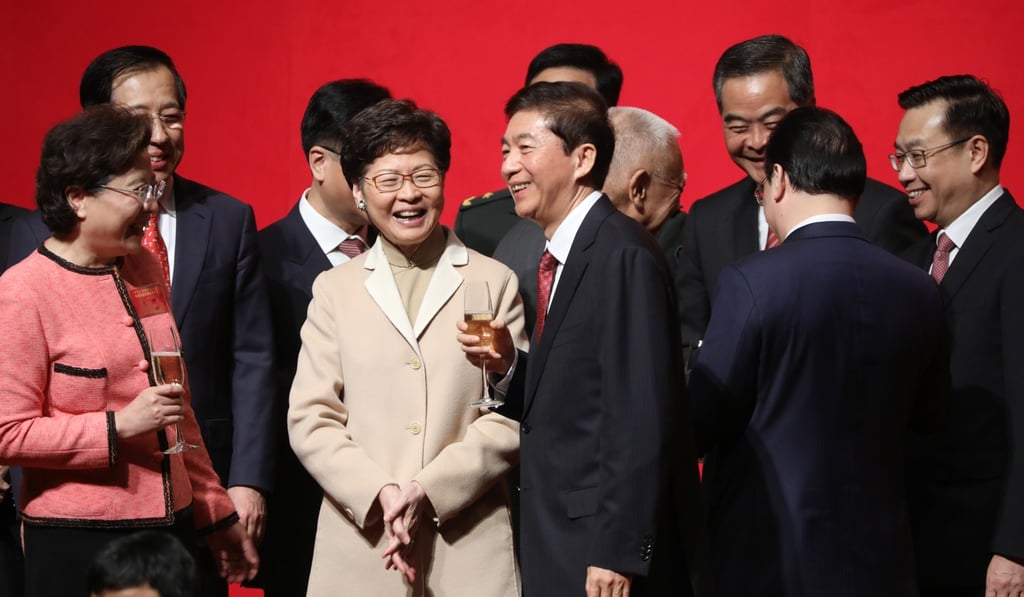Advertisement
Opinion | Beijing’s hunt for the right leader to clean up Hong Kong’s mess could start with a retired judge
- Carrie Lam’s successor must be a person Hongkongers can trust to protect their core values and rights. Former chief justice Andrew Li has shown that he would not be swayed by popular sentiment or yield to political pressure
Reading Time:3 minutes
Why you can trust SCMP

Chief Executive Carrie Lam Cheng Yuet-ngor dropped a hint in the Legislative Council on January 16 that Hong Kong could hope for its governing principle of “one country, two systems” to continue beyond the 2047 deadline and for the city to remain free of direct communist rule.
It is not something to be pooh-poohed as an attempt of an embattled administrator to hoodwink the public. There seems to be more to her statements than meet the eye. Consider the timing, and how an opportunity to drop a hint was found.
It came less than a fortnight after Beijing replaced director of the liaison office Wang Zhimin with Luo Huining. Interestingly, pro-Beijing legislator Ann Chiang Lai-wan, who is also a former member of the Chinese People’s Political Consultative Conference, drew Lam into making the prognosticating statement. The entire episode seemed choreographed, as it is unlikely that Lam would say anything with such far-reaching significance without the knowledge of her superiors.
Advertisement
Beijing had earlier thought it could sit out Hong Kong’s agony. Now, though, it seems to have recognised that its approach to Hong Kong since it gained control of the city over two decades ago has resulted in calamitous consequences; therefore, the voices of reason should be given a chance to prevail over ideologues, and there is a need to put across to the public, in as subtle a manner as possible, its willingness to let Hong Kong remain as it is.

Advertisement
If so, the leaders in Beijing should also take a few more bold steps. First, they could recognise that most people in Hong Kong would be content if the promises made in the Basic Law were implemented unconditionally. Then, they should find a person acceptable to all, to head the process of bringing about peace and order in a city that was seen as the trailblazer of Chinese President Xi Jinping’s dream, the reunification of the motherland.
Advertisement
Select Voice
Select Speed
1.00x
